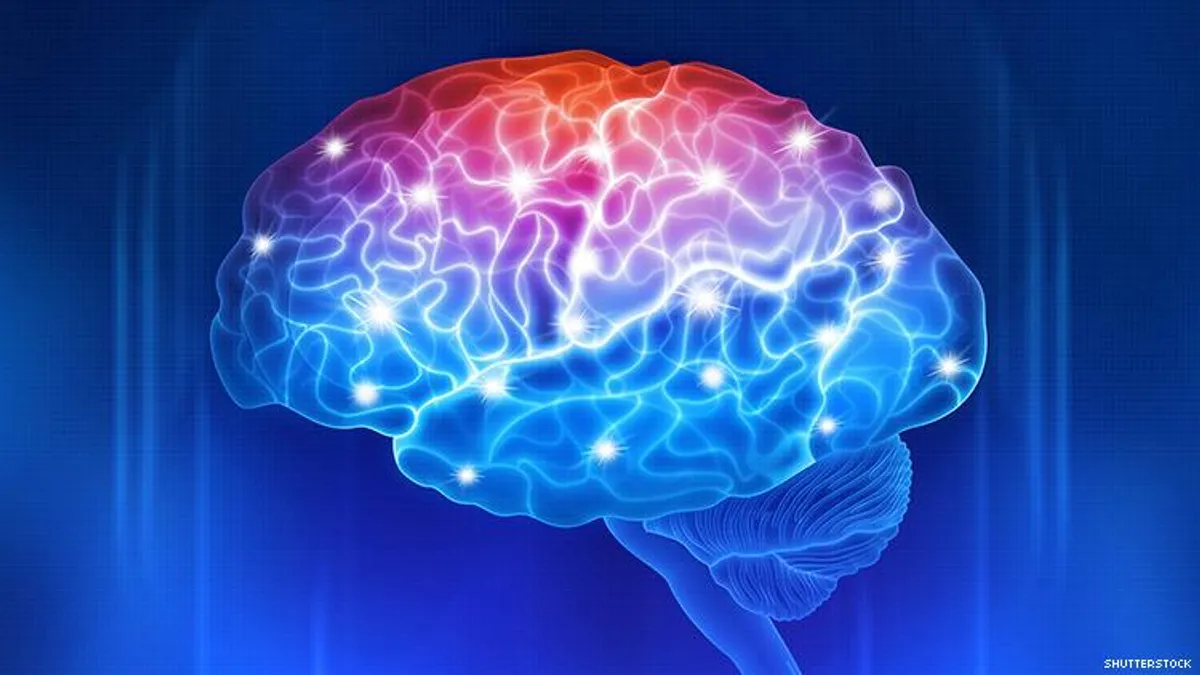Treatment
Half of People with HIV Could Develop Alzheimers

Cognitive problems are common in people living with HIV, and aging amplifies memory problems.
June 22 2018 3:00 AM EST
November 04 2024 9:31 AM EST
By continuing to use our site, you agree to our Private Policy and Terms of Use.

Cognitive problems are common in people living with HIV, and aging amplifies memory problems.
Not only do about half of people living with HIV suffer from memory dysfunction, but it worsens with age, a new animal study suggests. Disabilities like dementia or Alzheimer’s affect more than just the elderly.
The medical community is well aware of cognitive dysfunction in people living with HIV. HIV-associated dementia, delirium and memory loss are a consequence of HIV-1’s effect on the central nervous system. HIV replicates in the brain and antiretrovirals can slow the process — but they only help so much. One of the problems of controlling HIV in the brain is finding ways to cross the blood-brain barrier.
The study, “EcoHIV infection of mice establishes latent viral reservoirs in T cells and active viral reservoirs in macrophages that are sufficient for induction of cognitive impairment,” was published in the journal PLOS Pathogens. The study was led by David J. Volsky, PhD, Professor of Medicine and Pathology, Icahn School of Medicine at Mount Sinai and Mary Jane Potash PhD, Associate Professor of Medicine and Pathology, Icahn School of Medicine at Mount Sinai.
It was the first small animal observation to reproduce the establishment of viral reservoirs and mild brain disease observed in people living with HIV. Investigators examined data from 2012 to 2017 and found that active HIV in large white blood cells may be the reason why cognitive problems begin in the first place.
“EcoHIV” is a genetically engineered rodent version of HIV that researchers developed, and it is known to reproduce many aspects of human infection. Once infected, mice carry EcoHIV for the remainder of their lifetimes, but the virus remains transmissible. EcoHIV levels, anti-EcoHIV immune responses, EcoHIV infectivity and the capacity to learn were all observed in infected mice.
Mice were infected by EcoHIV, and viral loads were measured using extremely sensitive amplification of DNA and RNA, efficient protein detection and by fluorescence microscopy. The ability to learn was measured by training mice to first recognize and then remember visual symbols swimming toward them.
Within a month of infection, however, all mice failed in tests of learning and memory, as do people on antiretroviral therapy. Researchers also found that memory problems could not be reversed using standard antiretroviral drugs.
“An experimental model of HIV infection in mice, developed by Mount Sinai researchers, has shown that HIV causes learning and memory dysfunction, a cognitive disease that is now observed in about half of HIV infected people that worsens with age, and is currently incurable,” researchers wrote in a June 7 press release.
While short-term memories are mostly stored in the prefrontal cortex of the brain, implicit and explicit memories are scattered throughout the brain and are difficult to pinpoint.
"Cognitive impairment is a common problem in a wide variety of human conditions including diabetes, aging, and Alzheimer's disease,” Dr. Volsky stated. “Studies in the EcoHIV model of cognitive impairment may have broad implications for better understanding and treatment of these conditions in other disease states."
The findings could be used to develop and test new drugs against HIV infection, such as zeroing in on reservoirs of the virus, and develop drugs directed specifically to restore healthy brain function that has been damaged by HIV infection, while patients simultaneously continue on antiretroviral therapy.